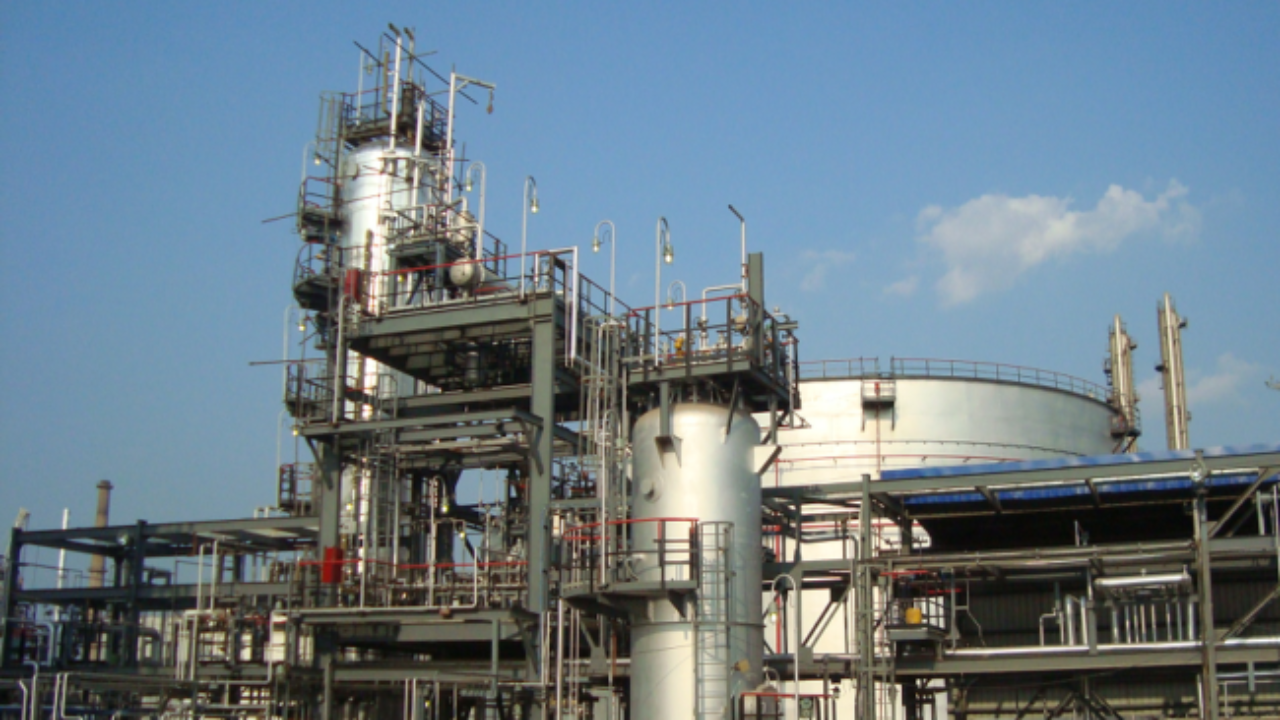The Libyan government announced its plans to raise oil production to 2 million barrels per day. Minister of Oil and Gas Mohamed Oun stated that production is expected to achieve this level by the conclusion of 2030.
The North African country currently produces approximately 1.2 million bpd.
“We will begin to see growth results within two to three years, and up to approximately five to seven years, when we reach the goal of 2 million bpd,” said Oun, adding that the investment will not be limited to existing fields but will also include sectors not yet developed.
The commodity has been a key source of revenue for Libya, with oil production directly influencing global markets and prices. However, political instability and conflicts have led to fluctuating oil production.
In July, the North African nation announced the continuation of oil production at two major oil fields after a brief shutdown by demonstrators protesting the arrest of a former minister.
“Operations have resumed in the Al-Sharara and Al-Fil oil fields… after they were suspended,” said the Oil Ministry, part of the UN-brokered Government of National Unity based in Tripoli.
The ministry gave no reason for the closure in its brief Facebook statement, according to Agence France-Presse.
Al-Sharara, which provides a quarter of Libya’s daily oil output, and Al-Fil have seen frequent interruptions amid clashes between groups loyal to the Tripoli-based GNU and those backed by a rival government in the east.
AFP also reported that Libyan military head Khalifa Haftar, who backs the politically split country’s eastern administration, has threatened military action unless oil revenues are fairly divided.
In June, Oussama Hamad, who heads the eastern administration, threatened to block oil and gas exports from territory under its control, claiming the Tripoli administration was wasting energy revenues.
In an address to his officers, Haftar said a committee must be established “to put in place financial arrangements with a view to fair management of public funds” and oil revenues.
According to a 2022 US Energy Information Administration analysis, Libya was the seventh-largest crude oil producer in the Organisation of Petroleum Exporting Countries and the third-largest total petroleum liquids producer in Africa, after Nigeria and Algeria, in 2021.
As 2021 came to an end, Libya possessed 3 percent of the world’s confirmed oil reserves and 39 percent of Africa’s oil reserves.

